Rooting is a popular way to further customize Android. But there are good reasons why Android phones are not pre-rooted.
Why Android phones are not pre-rooted?


Rooting is probably the first mod you think of as an Android power user. And of course, rooting your phone has its own advantages—you can customize your Android device, improve battery life, and do more advanced things that simply aren’t possible on an unrooted phone.
However, rooting is definitely not for everyone. Done wrong, it can damage your phone, your online privacy, your finances, and literally everything connected to your phone. So, let’s look at the reasons for not rooting Android phones .
Read more: How to use Google Chrome extensions on Android
1. For security reasons
The first reason why Android phones are not pre-rooted is for security reasons. Rooting allows full access to the operating system and bypasses some security measures implemented by the manufacturer and Google. So, naturally, such system-level access can potentially expose you to security threats and make your phone more vulnerable to malware, unauthorized access, and data breaches.
On an unrooted phone, the apps you install only have the permissions you grant them. These apps are in a kind of sandbox where they can only do certain things that you give them permission to do. So, even a malware-laden app can do a lot of damage (at least in theory).
Now, imagine what would happen if the same ridiculous app was accidentally installed on a rooted phone and ended up gaining system-level access through rooting. Well, it puts your passwords, banking information, personal photos, and more at risk. The hacker hits the jackpot because these days your phone has almost all of your personal information.
This is one of the main reasons why Android phones are not rooted by default. Inexperienced users or people who are not interested in modifying their Android devices are safer without it.
2. To keep system files safe


The second reason why Android phones are not pre-rooted is to keep the system files safe. Another type of security that rooting can compromise is the security of your Android phone’s system files. Needless to say, system files are what your Android operating system runs on. If you delete or misplace an important file, your phone may crash, show constant error messages, or get stuck in a bootloop.
On unrooted phones, your Android file manager app, such as Files by Google , cannot access system files. However, the root file explorer can access everything on your phone, including system files. So, in this case, the risk is not external, like hackers, but internal, like the user himself.
3. Carriers and manufacturers care about branding


The third reason why Android phones are not pre-rooted is because carriers and manufacturers care about branding. Most carriers and manufacturers have their own Android skins to emphasize branding. Without root access, they can maintain control of brand elements and deliver a consistent user experience in line with their strategic goals. When a device is rooted, you can change or remove these customizations, including manufacturer-branded apps.
And it’s not just branding they’re after. These are also value-added services such as cloud storage or office suite applications. This is one of the ways to earn money after selling companies.
If that’s what you’re looking for, you can still remove bloatware using ADB without rooting, but make sure you only remove recommended apps and not critical ones.
Another reason why these companies don’t prefer pre-rooted phones is that it can lead to more mods. After rooting, the most popular thing that pro users do is install a custom ROM that completely gets rid of the carrier or manufacturer skin. And that doesn’t really help their cause.
4. Google needs control for ads
The fourth reason why Android phones are not pre-rooted is that Google doesn’t need control for ads. Google makes a lot of money through advertising. It offers various advertising platforms that businesses can use to promote their products, services or brands to a wider audience. User privacy and data protection are important considerations, and Google has implemented measures to ensure compliance with privacy regulations and user consent requirements.
To maintain control over products, apps, and ads, phones are not rooted by default because Google doesn’t want you to remove its apps and ads. However, if you are tired of its services, you can still use your Android phone without Google.
5. Many apps don’t work on rooted phones


The fifth reason why Android phones are not already rooted is that many apps will not work on a rooted phone. A few apps will detect a rooted phone and won’t work for critical security and privacy reasons. These apps have policies that restrict usage on devices with certain access levels.
Banking apps are the most obvious examples that don’t work on rooted devices. Such apps contain sensitive financial information and a rooted device can introduce potential vulnerabilities to them. If you have a rooted phone, you may also have problems using Android antivirus programs. These programs root a security threat for the reasons we mentioned above.
Many games on the Play Store implement an anti-cheat algorithm that detects and bans rogue players. These algorithms don’t particularly like rooted phones because rooted users can potentially hack or modify a game, which is unfair to other honest players.
Another example is streaming apps that offer copyrighted content. A rooted device can be considered a potential source of unauthorized access to content, so most streaming apps restrict the use of rooted devices.
6. OTA update does not support rooted phones


The sixth reason why Android phones are not already rooted is that OTA updates do not support rooted phones. OTA or Over The Air updates bring improvements, bug fixes, security patches and new features to your device without having to do anything manually. If the phone is rooted, this update will be affected because your system files may be changed and these modes may make the OTA update incompatible with your device.
In fact, if you somehow force an OTA update on a rooted device, it might lead to a system crash. Fortunately, it usually doesn’t get to that point because the OTA update detects root access and fails without installing.
7. More chance of breaking is not ideal for warranty


The seventh reason why Android phones are not pre-rooted is that the higher chance of breaking the warranty is not ideal. Bricking happens when your device crashes and becomes somewhat permanently damaged (known as a hard brick). This is one of the potential consequences of rooting and installing a custom ROM and can be caused by any mistake made during the process.
If the device is broken due to rooting, manufacturers will most likely refuse to provide support or repairs under warranty. So, if they already root Android phones, they have to repair a large number of broken phones every day, increasing the cost and labor to a great extent and making it unworkable .
Rooting is not for everyone
Considering the points mentioned above, you would agree that unrooted phones are preferable for a common user. With root enabled by default, a user without prior notice is likely to damage their phone and may even be hacked.
With so many improvements in the Android OS over the years, you might even argue that rooting is no longer a necessity, even for advanced users. In addition, you can change your Android phone without root .
Source: MAKEUSEOF.COM

















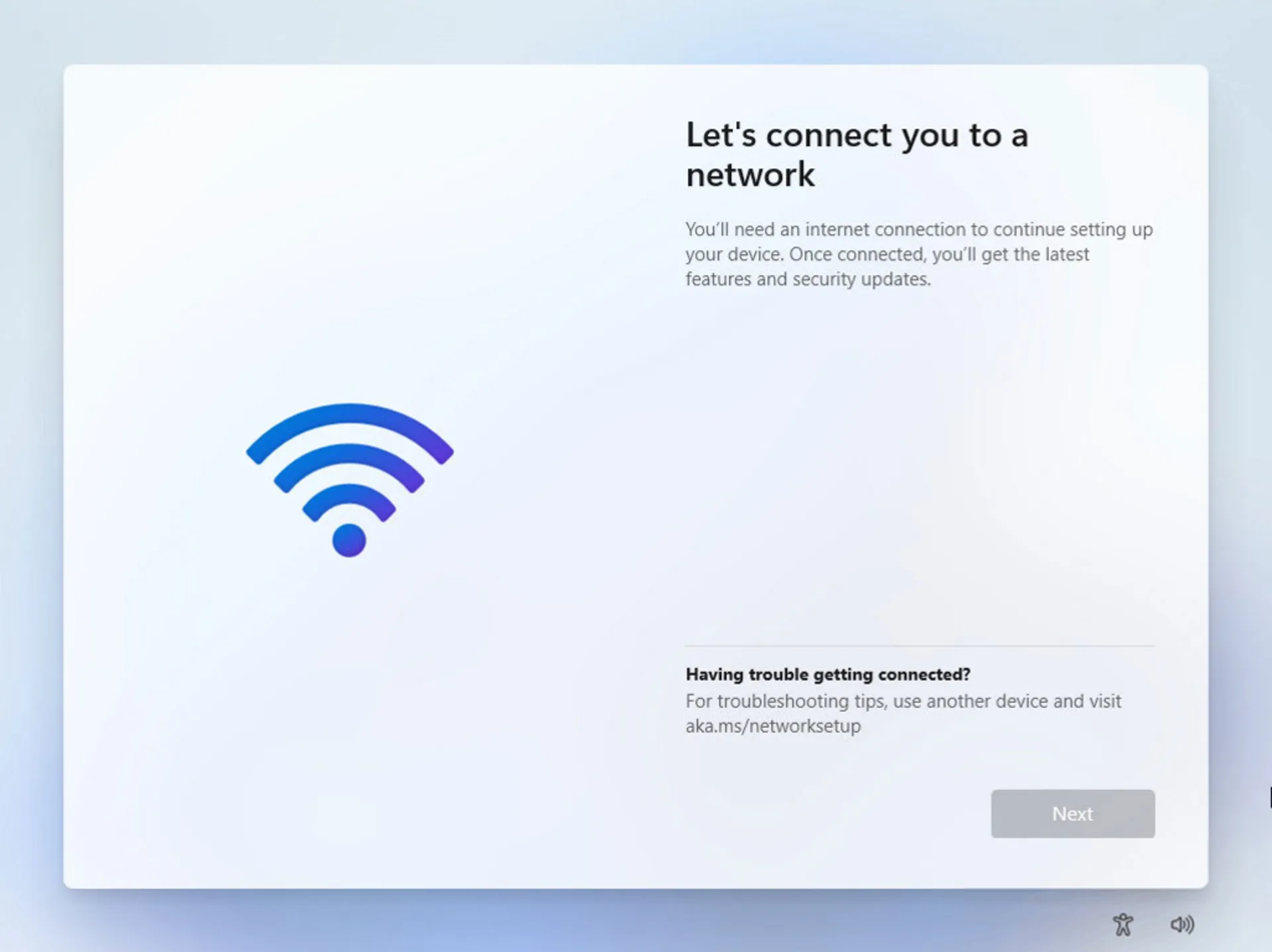
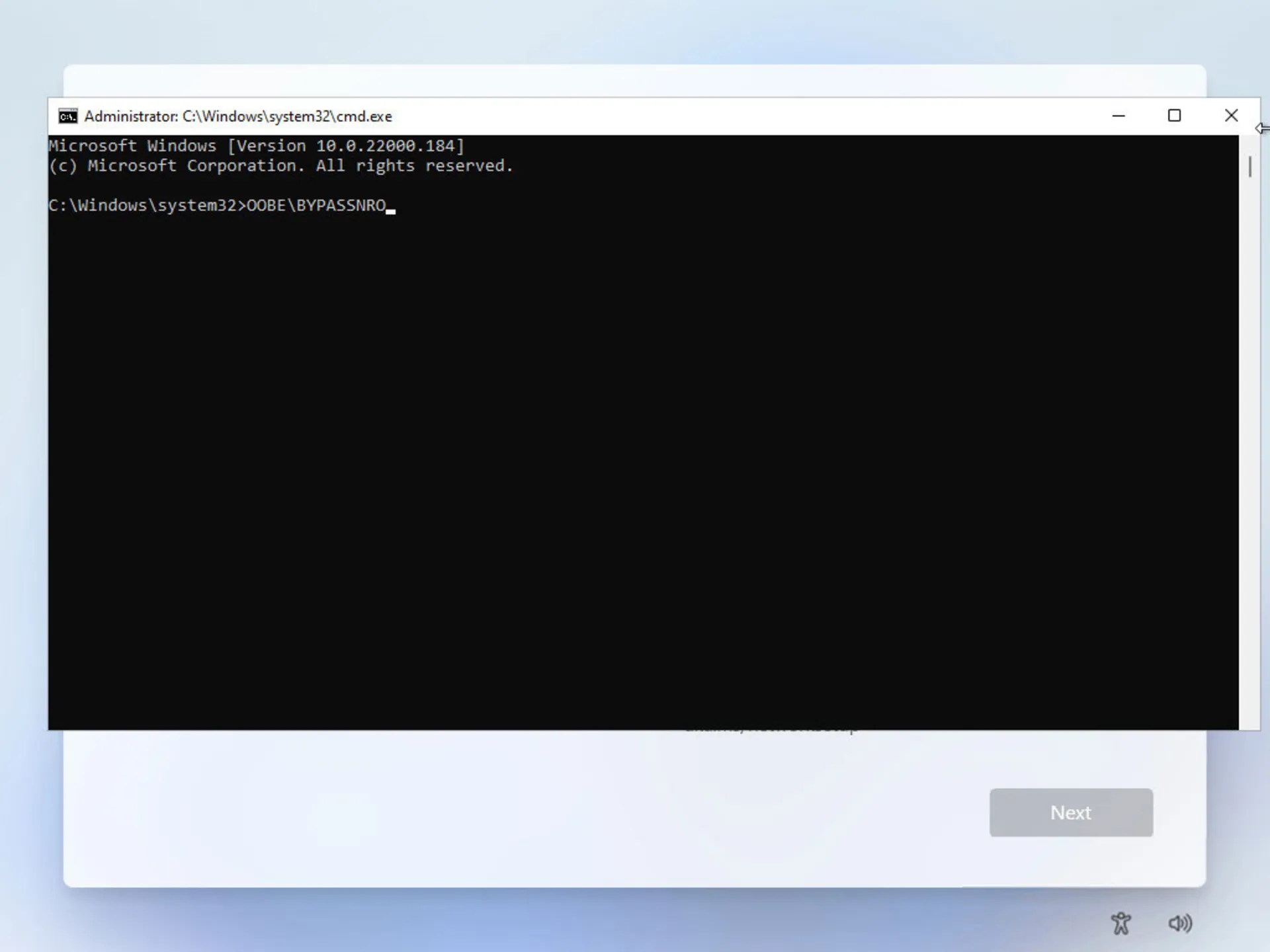
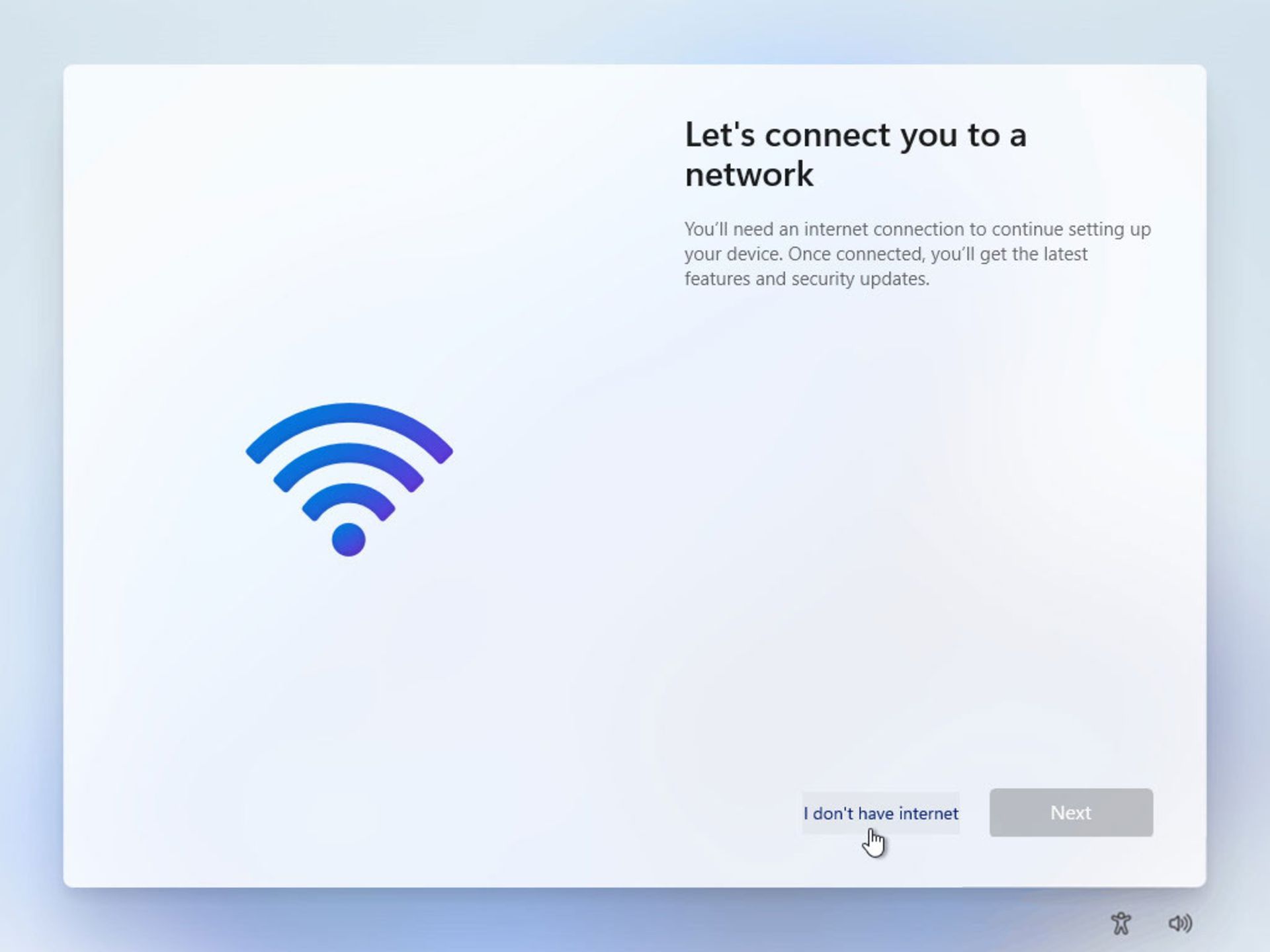
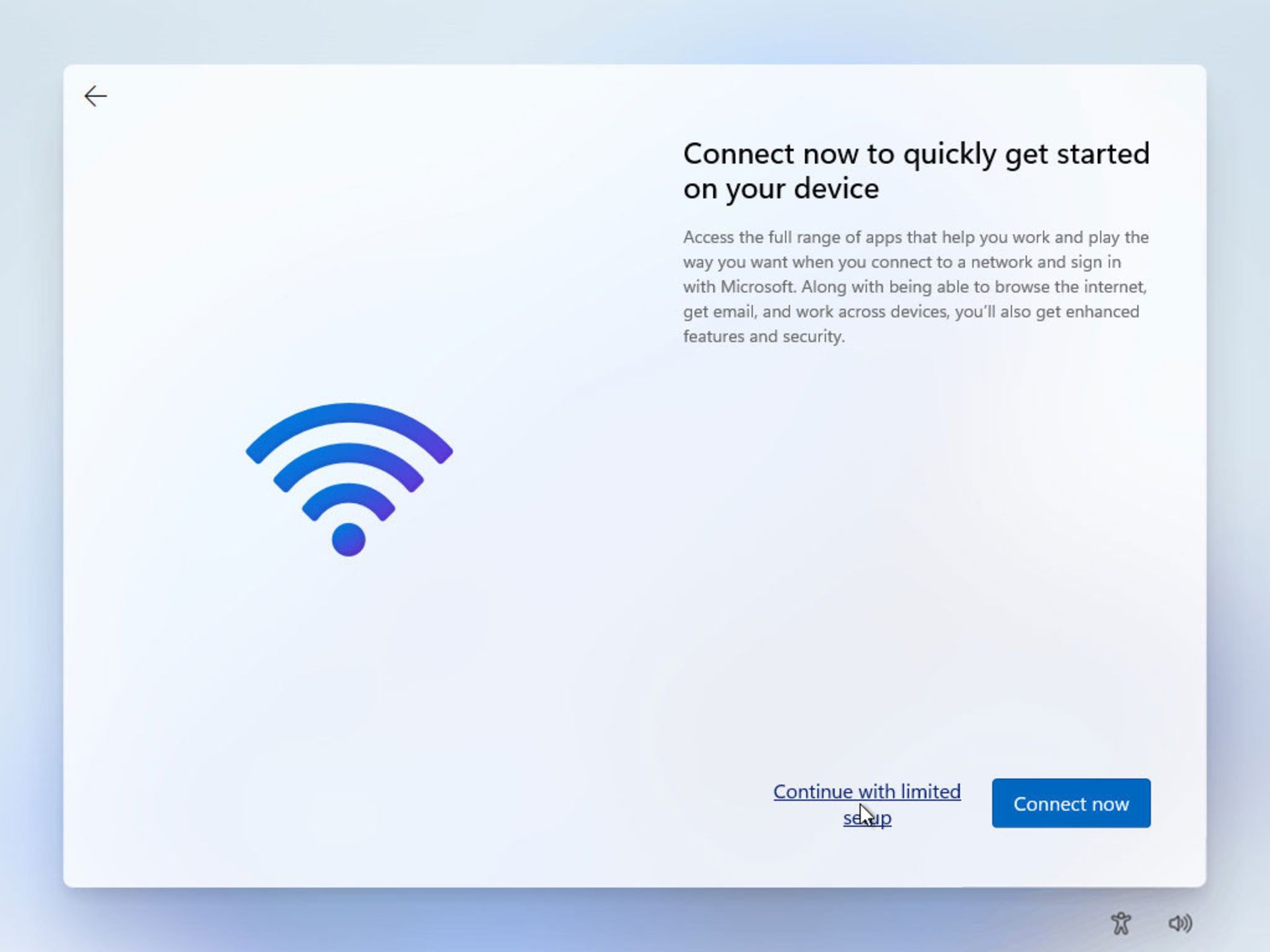
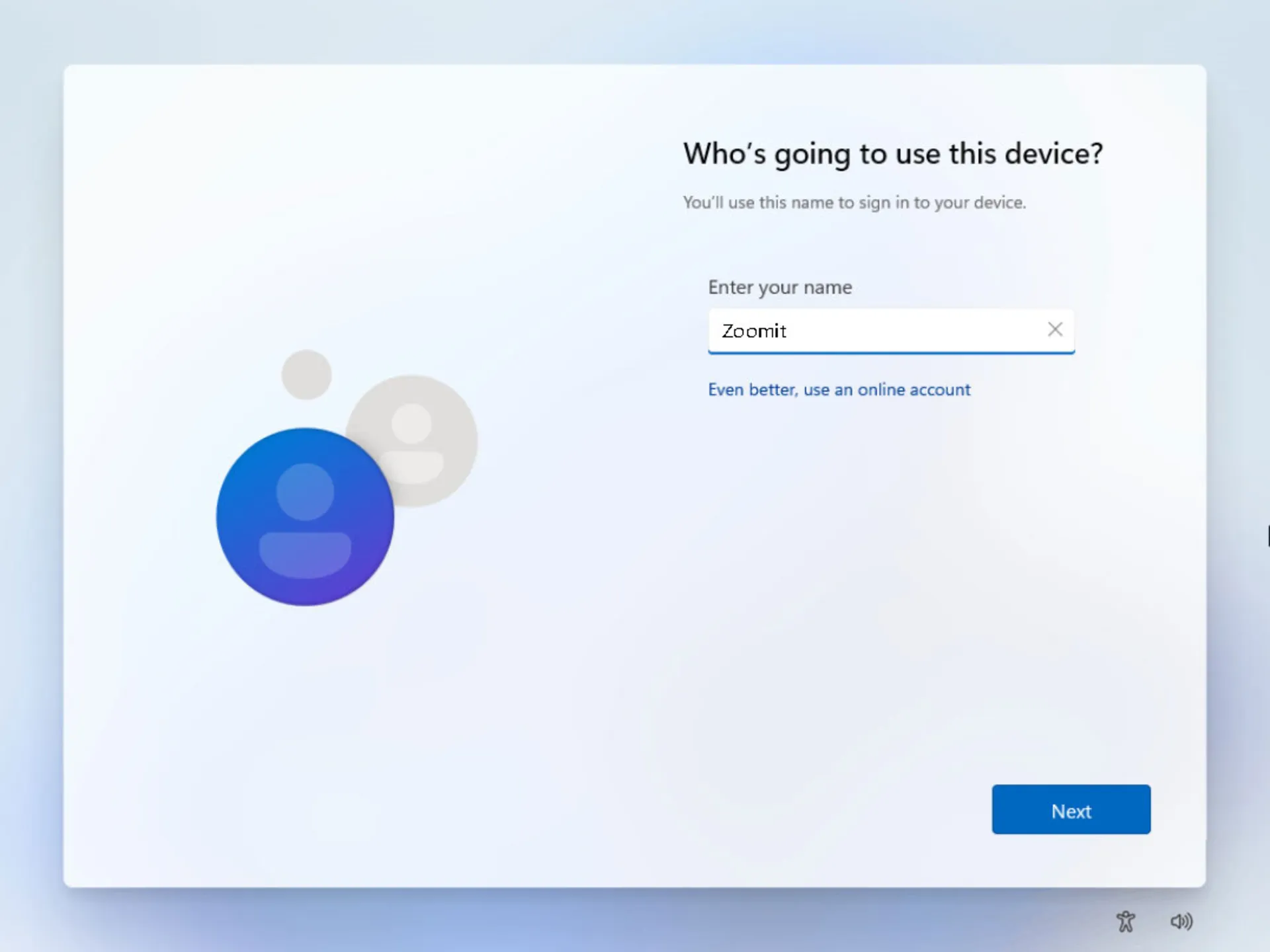

















 The absence of any Blooming thanks to the precise control of light in the TV’s OLED panel
The absence of any Blooming thanks to the precise control of light in the TV’s OLED panel



































